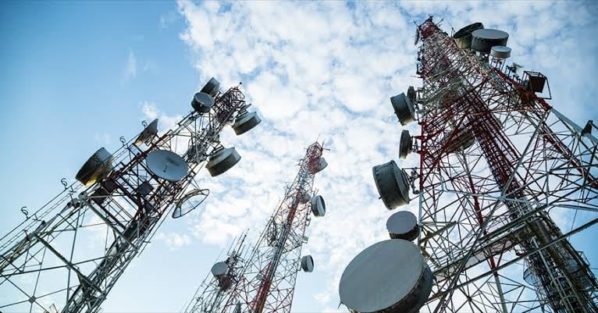
AYON kay dating Supreme Court Justice Antonio Carpio, pinalusot ang House Bill No. 78 upang makakawala ang mga telecommunication companies mula sa 60 percent Filipino ownership requirement ng Konstitusyon.
Inaprubahan ang HB No. 78 ng Kamara noong Marso 10, isang linggo bago isailalim ang Metro Manila at ang ilang bahagi ng bansa sa enhanced community quarantine.
“That house bill, if approved by the Senate, will amend the Public Service Act to exclude telcos as public utilities which, under the Constitution, must at least be 60 percent Filipino-owned,” ayon sa dating mahistrado.
Aniya, ang pagsususog ay magpapahintulot sa foreign investors na magmay-ari ng 100 porsyento ng telco companies, gaya ng China Telecom.
Ang third telco sa bansa ay iginawad sa Dito Telecommunity, na partnership ng Davao-based Udenna consortium at ng China’s state-owned telecom.
“Apparently China Telecom wants to come in as a majority, or even 100 percent owner, of the third telco,” aniya.
Naniniwala siya na ang HB No. 78 ay unconstitutional.
“The framers of our Constitution, in discussing Section 11, Article XII of the Constitution requiring public utilities to be at least 60 percent Filipino-owned, expressly referred to telco companies,” dagdag niya.
Idinagdag niya na: “Another provision of the Constitution, not covered in HB No. 78, also required telcos to be 60 percent Filipino-owned.”
Ipinaliwanag pa niya na ang telcos na hindi makakapag-operate na hindi gagamit ng radio frequencies ay kailangang tumalima sa Sec. 2, Article VII ng Constitution, na nagsasaad na: “All natural resources are owned by the State. The State may directly (exploit such natural resources), or it may enter into co-production, joint venture, or production-sharing agreements with Filipino citizens, or corporations at least 60 percent of whose capital is owned by such persons.”
Dagdag pa niya, ang frequencies ay natural resources na pag-aari ng estado.
“Every franchise granted by Congress to utilize radio frequencies contains this provision: The radio spectrum is a finite resource that is part of the national patrimony and the use thereof is a privilege conferred upon the grantee by the State. This is a clear acknowledgement that radio frequencies are natural resources owned by the State, and can be utilized only by a corporation that is 60 percent Filipino-owned,” sabi pa ni Carpio.


